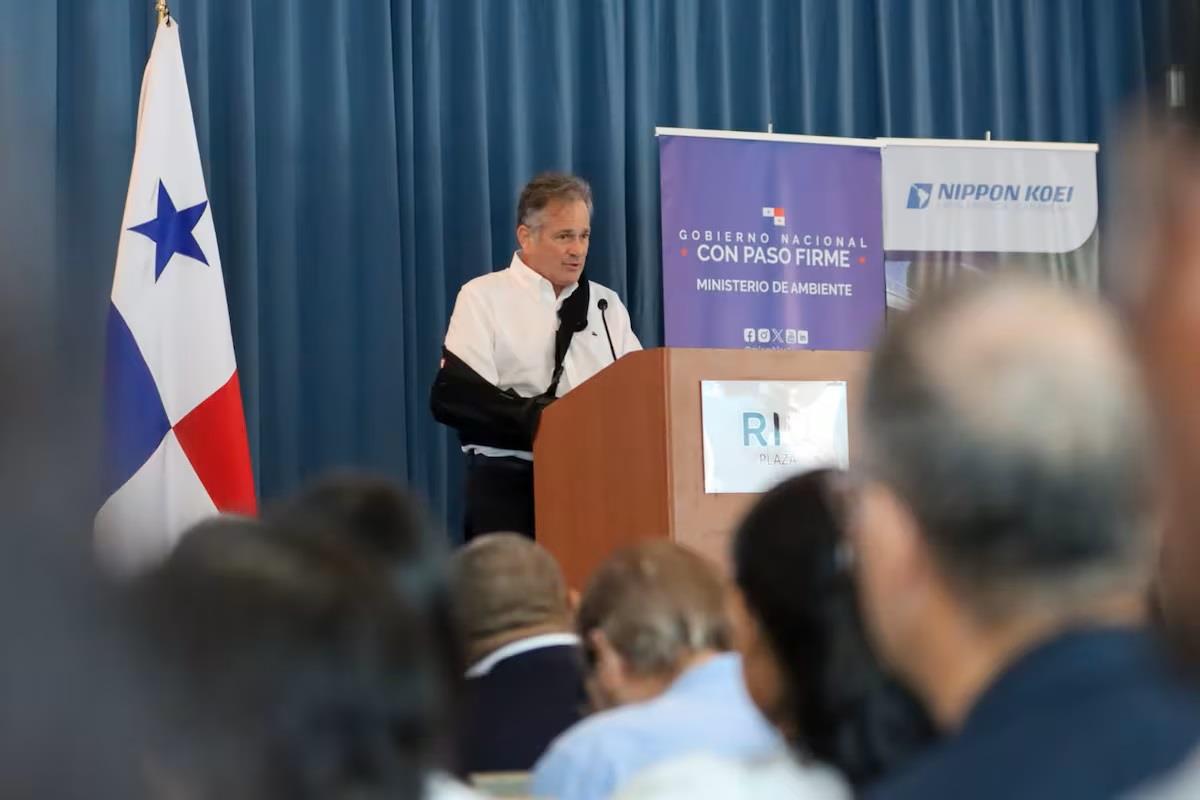
Water Crisis In Panama: 4,000 Wells And Only 1,300 With Official Permits
-
Western Pacific (Chiriqui)
Central Pacific 1 (Coclé)
Central Pacific 2 (Herrera and Los Santos)
These areas were selected because of their high demand for groundwater and their importance to agriculture and the economy.
Navarro highlighted the importance of aquifers for the country's sustainable development:
“In a nation with a growing population and ever-increasing demand for water, underground wells are essential for our communities. This study will help us understand the country's water capacity and manage it wisely.”
Nippon Koei President
Kevin Tynes
stressed the need to work together to protect this resource:
“Aquifers are essential for water stability and human life. Studies such as this, combined with committed institutional leadership, are vital tools for establishing agreements on the monitoring, use and comprehensive management of water.”
The preliminary report reflects that Panama faces significant challenges in ensuring the sustainability of its underground reserves. Without adequate regulations and comprehensive management of the resource, quality of life and economic development could be seriously affected.

Legal Disclaimer:
MENAFN provides the
information “as is” without warranty of any kind. We do not accept
any responsibility or liability for the accuracy, content, images,
videos, licenses, completeness, legality, or reliability of the information
contained in this article. If you have any complaints or copyright
issues related to this article, kindly contact the provider above.


















Comments
No comment